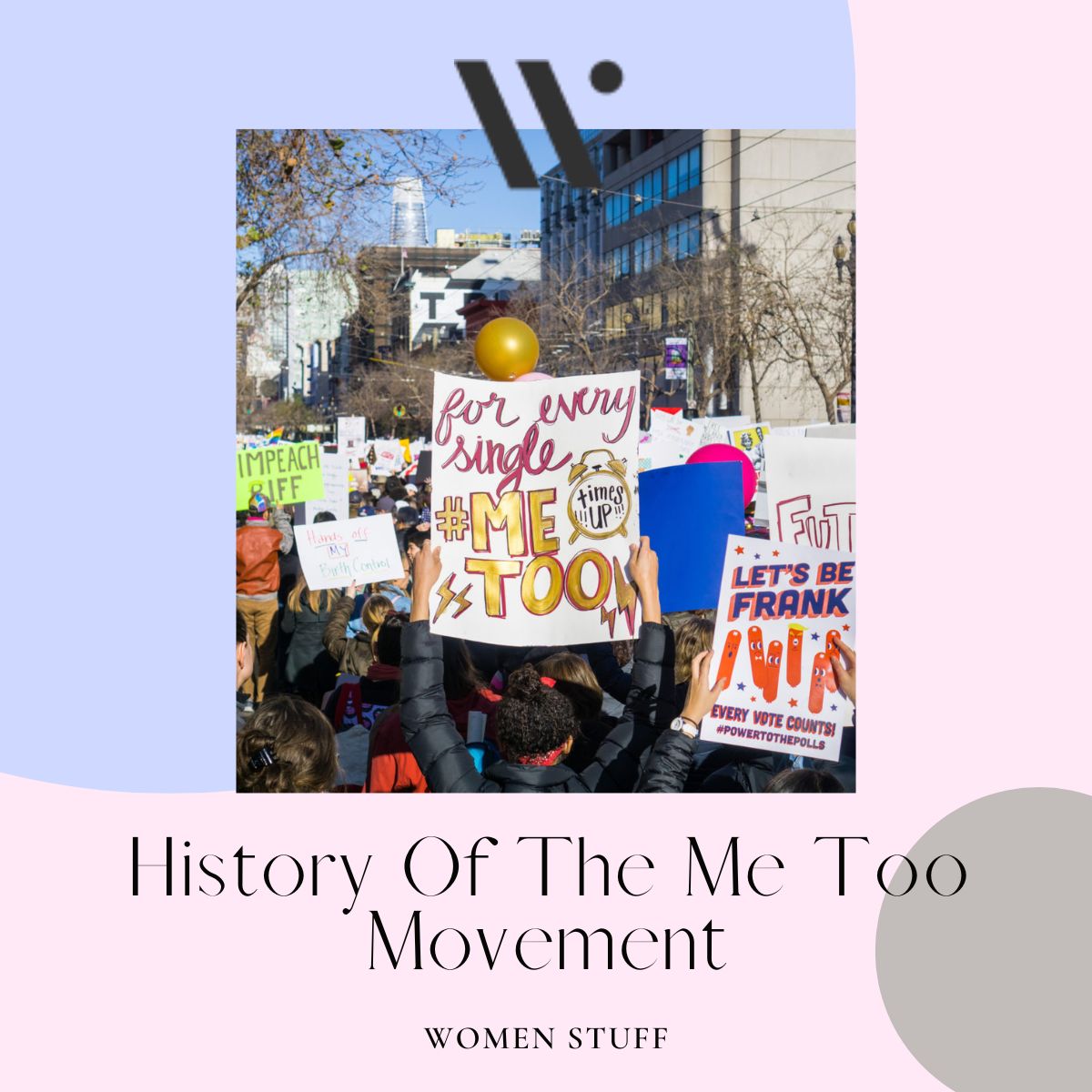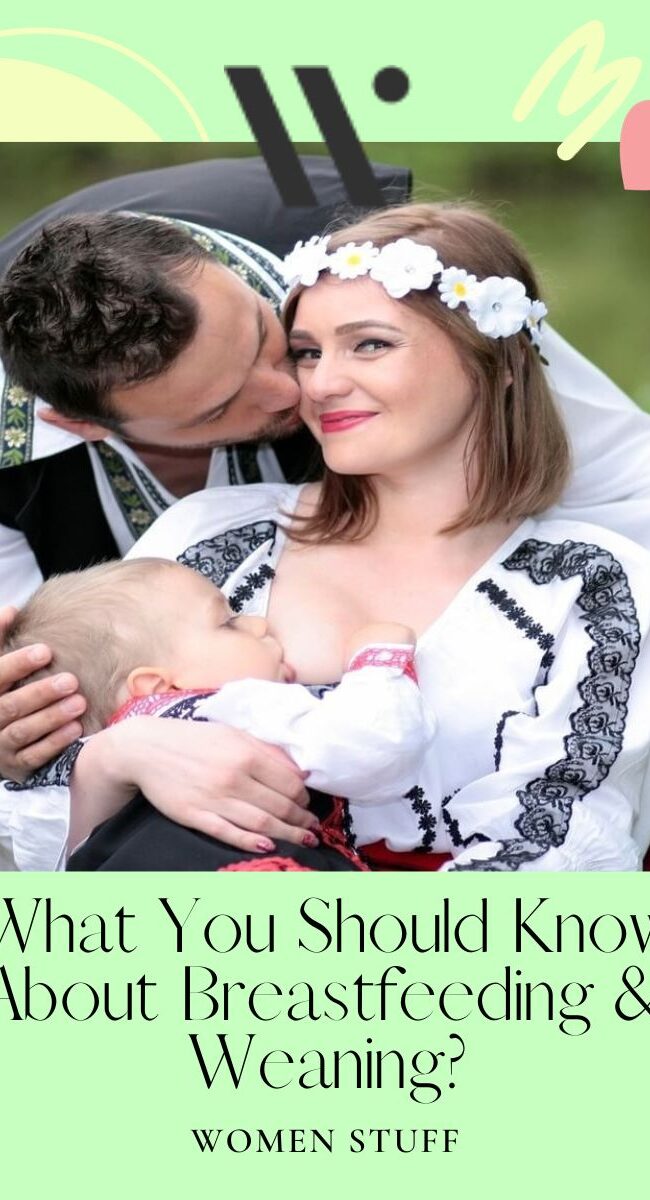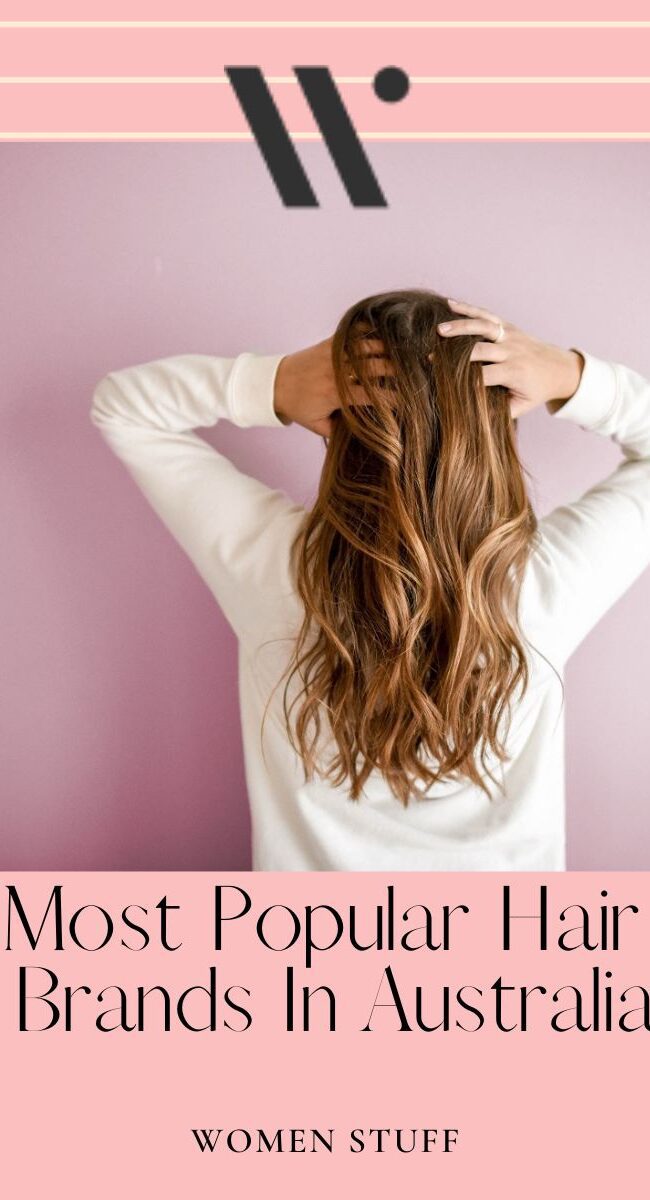
History of the Me Too Movement
History of the Me Too Movement
Sexual abuse has always been one of the most sensitive topics across nations. And the most common victims of it are women. An article from the UN recently stated that a third of all women and girls have been a victim of physical or sexual violence. The subject of sexual assault is now talked about more than ever. A lot of rallies and movements have been set to speak out for people who cannot speak for themselves. Even so, these movements are a manifestation that someone out there is crying for help, waiting to be heard. And that there is always a platform to represent them against sexual abusers.
Movements to end sexual violence especially with women started in the mid-1880s. It began with collective actions to support African-American women, who were commonly raped and enslaved by white men. Since slavery was already abolished in the United States, household sexual assaults and victims have spoken up. Later on, it became a predominantly discussed matter not only for race-based sexual crimes but also with other white women. Following this, appeals and cries for justice against sex crimes have been sought out. It even up to this day still garners public attention so sexual abusers can take responsibility for these crimes. Years have gone by and efforts to discuss such crimes are still on the table, evoking activists to address the issue.
Me Too Movement
The Me Too Movement was a mere organization in the early 2000s. It addresses empowerment among sexually abused victims based upon breaking up the silence, hence publicizing experiences of sex crimes. Before the movement came out to uproar the streets, it started on social media. It is where netizens can freely speak out personal or third-party (either with a dummy or a personal account) abuses. It later on brought about sexually assaulted individuals to unite and come in empathy and solidarity with one another, each backing up whoever is vulnerable. Things later on escalated when hundreds to thousands of individuals came to support the movement. This caused a magnitude of heat and approached sexually assaulted individuals ready to speak out for themselves. However, the movement is not only about telling stories for public attention. It also has already become global with significant changes both socially and legally.
The Founder
Me Too became popular and the phrase was first coined by Tarana Burke. She is an activist and community organizer and executive, which made quite an impact on social media before it became a world-known street movement. Burke was born and raised in The Bronx, New York. Her neighbourhood is known to be a place for most African-Americans and was infamous for being a home of thugs and other unfortunate labels anyone can think of. Despite this notion, she was a contrast to what her place is known to be. She grew to have a passion for activism and community organizing, wanting to impact communities for the common good.
In Burke’s early teenage years, she joined organizations to further her understanding and skills with community organizing. In the late 1980s, she joined a group called 21st Century, known for their youth development programs, teaching students to be effective leaders for society. The group was focused on launching initiatives and campaigns for The Bronx, to battle societal problems like racial discrimination, economic injustices, and even housing inequalities for the community. Even though Burke was still young, she managed to address these issues and later became more fueled to address them.
Consequently, when Burke was working for the organization, she encountered various claims of sexual abuse. Most of them involved women of colour, and later on, her efforts shifted towards supporting them. Being a sexual abuse survivor herself, she also made sure to make policies against sexual crimes, providing safe spaces and resources for the victims. Later on, her activism made a great impact to target such violence.
#MeToo: Early stages to state acknowledgment
The Me Too Movement started in 2006 to appeal to sexual abuse victims to speak out about their experiences and find support with the collective efforts of the organization. Before it was heard, the phrase came to Burke in 1997 where she organized a youth camp for teenage girls. However, instead of being told tales and usual teenage stories, a 13-year-old camper approached her privately and shared her story about how she survived sexual abuse. From various stories of sex crimes against women, Burke has made it to a point to put most of her efforts to tackle sexual violence, not only within the streets but in households and workplaces as well.
It was not until 2017 when the movement reached its highest point and made its way to a national scope. The #metoo hashtag went viral and men and women from all over the world have used the term to reach out and be heard as victims of sexual assaults. It started when Alyssa Milano, an actress, producer, and now an activist, tweeted a request to her followers: “If you’ve been sexually harassed or assaulted write ‘me too’ as a reply to this tweet.” In just a span of hours, the results were overwhelming. Since Milano was a known celebrity, the post garnered thousands of comments, retweets, and replies. Many even posted original tweets of their own using the hashtag, and men and women shared experiences and the same thoughts with the movement. Other celebrities like Lady Gaga, Viola Davis, Javier Muñoz, and Christina Perri, replied and posted the hashtag on their own, garnering more popularity to reach out to victims worldwide.
Alyssa Milano’s Twitter post was one of the key components to the mobilization of the movement. She has experienced sexual assault as a teenager, more so in her workplace. When she began taking mature roles for some films, she claimed that a love scene partner “took advantage of a moment of complete vulnerability [and] literal exposure”. Her story even came up to the United States Supreme Court where her allegations were acknowledged and came into hearings. Nevertheless, the name of the abuser was not disclosed.
The Harvey Weinstein Scandal
Harvey Weinstein is a former film producer well-known in Hollywood. In October of 2017, The New York Times published an article revealing Weinstein’s sexual harassment acts towards women including famous celebrities. The initiation of actresses Rose McGowan and Ashley Judd to speak up made a way for the others to voice out their own experiences of abuse from Weinstein.
Uma Thurman, an actress known for her lead role for the film Kill Bill, recalls the time when Harvey Weinstein, the film’s producer allegedly forced himself on her in a London Hotel room.
The long list of women accusing Weinstein of his sexual harassment on them flooded the social media under the hashtag #MeToo. This scandal made a global trend in which disclosure of other powerful men accused of sexual misconduct came to be called the Weinstein effect.
Me Too Movement: Other Claims and Cases
Thousands of sex assault claims have been posted online. Most of them targeted women regardless of race, class, etc. Here are some of the claims:
Amanda Yennie lives in Arizona and worked as a hostess for Hooters. Instead of being fired from the job because of incompetency, she was terminated because she stood up against a customer who tried to grope her while on duty.
“I would tell them, ‘If you want to keep your hand attached to your body, don’t do that and the manager told me, ‘You have to let them grab you,’” she recalled. “I said, ‘I’m not letting them touch me and I will defend myself and I got fired. I was told I didn’t have a choice.”
— Amanda Yennie
Nora Yolles Young was a college student when a male student sexually assaulted her. The assailant was drunk during a class archeological dig, but Young’s professor back then only told her to brush the thought off and even asserted that “boys will be boys”.
“He said, ‘Don’t act like you didn’t know what you were doing,’” Young recalled. “I said, ‘It sounds like saying I got what I asked for when this person tried to rape me.’ And he said, ‘I do — and boys will be boys.’ I couldn’t believe I was hearing this from a professor.”
— Nora Yolles Young
These and other thousands of claims have been publicized around mainstream media and became a feeding frenzy of sexual assault scandals. More so, not only that it became known to everyone, but it also paved a way for others to join one of the biggest empowered movements in American history. As of now, there are still thousands of victims who are filing claims against sexual offenders, and most of them are bound to be heard and get ample support from the movement.
On sexual abuse: Statistics
The numbers of sexual assault victims are still hard to determine because not all report such crimes due to fear. The statistics may only include those that have been reported. And thus there are still a lot of victims out there who are not part of the given consensus; not fully defined, and only research on a few is done to reach its digits.
The Rape, Abuse & Incest National Network shows a report that in every 68 seconds, an American is sexually assaulted. Moreover, they also asserted that the 12-34 are with highest risk years for being raped and sexually assaulted and the majority are young women who are at most risk. As of 1998, an estimated 17.7 million American women had been victims of attempted or completed rape and even the numbers are rising up to this day.
According to the National Sexual Violence Resource Center, a whopping 81% of women nationwide reported of being sexually harassed and/or assaulted in their lifetime. Another data included that more than half or around 51.1% of these women experienced complete or attempted rape by a partner and 40.8% by some casual friends.
These alarmingly high rates have caused different organizations to initiate proactive campaigns to save womanhood from sexual harassment of any kind.
Me Too: Impacts in society
In a nutshell, the Me Too Movement is thriving and making a name for itself from a global perspective. As sexual violence is very common today, it has made progressive changes that impacted how victims must dwell with such assaults. One of the biggest changes of the movement isn’t only about how they can bring about justice to these crimes, but about how they can freely share their stories to the public without fear of being discriminated against by society.
The silence on sexual assault has already been transparent and people nowadays can be part of the movement through social media. Consequently, the Me Too Movement affirms survivors that they’re not alone. Another assurance is that they are always entitled to support and a fair trial towards bringing the justice they have always wanted. As such, as the movement has shifted from the internet to the streets and the highest courts, it demonstrates how relevant and widespread the issue is. This then developed a stronger community among victims and activists to gather a faction where their voices can be heard. It also has contributed to making such issues free to be discussed, which highlighted the fact that a lot has to be changed with the anti-harassment policies. This also paved the way to draft and pass laws that address sexual violence in all genders and areas.
Yet, there are still a lot of victims too scared to come forward. With the Me Too movement, the group can empower the victims of sexual harassment, which will eventually make them believe that it’s always safe to tell their stories, whatever or whoever abused them. Nonetheless, the Me Too movement is already growing, fueling up equality to battle up discrimination while erasing fear to hear stories and address them fully with the further efforts of the movement.





